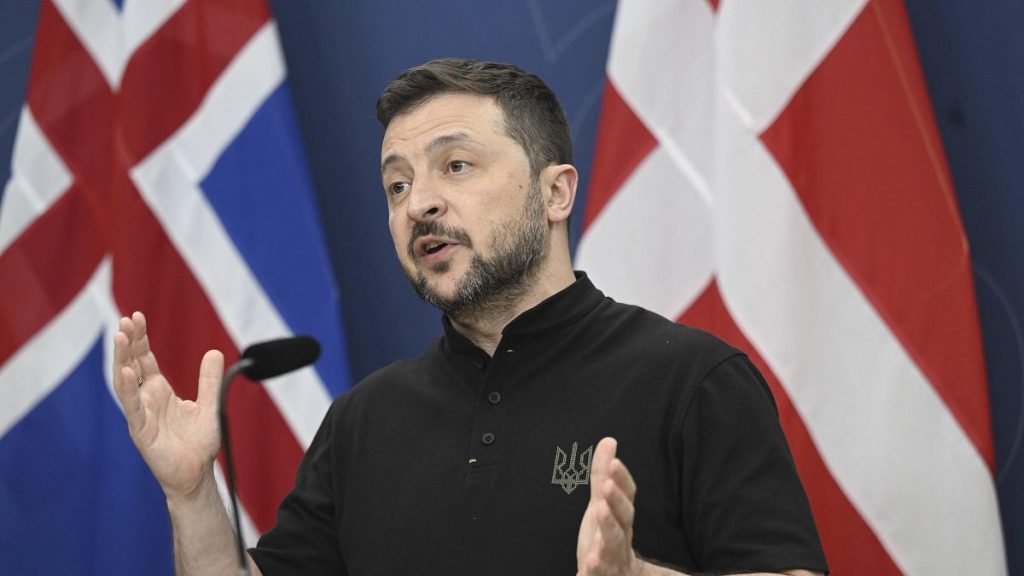The Biden administration has indicated that they may allow Ukraine to use American weaponry to strike inside Russia, but only in defense of the Kharkiv region. Ukrainian President Volodymyr Zelenskyy has expressed frustration that his forces are unable to strike Russian targets with the weapons provided by western allies. US Secretary of State Antony Blinken emphasized the high stakes involved in allowing Russian aggression to continue in Ukraine, as it could embolden other aggressors around the world. Germany, Ukraine’s second-largest supplier of weaponry, has also expressed support for Ukraine using German-supplied weapons to defend Kharkiv in accordance with international law.
At a NATO Informal Summit in Prague, ministers discussed how the military alliance could contribute to Ukraine’s defense until it receives credible security guarantees. There were calls for Ukraine to be allowed to strike Russian territory in defense against Russia’s invasion. Meanwhile, Ukraine and Russia carried out a prisoner-of-war exchange, their first in four months, with 150 service personnel exchanged along with the bodies of fallen soldiers. Vitalii Matviienko, an official at the Ukrainian POW office, highlighted the challenges of negotiating with the Russian side for these exchanges. The two sides have traded blame for slowdowns in the process.
Zelenskyy expressed his belief that western allies will eventually allow Ukraine to strike Russian territory with the weaponry provided to them. He emphasized that the current situation, with Russia attacking Ukrainian territory while Western powers do not allow Ukraine to strike back, is unsustainable. Zelenskyy’s comments come after US officials indicated a potential shift in policy, allowing Ukraine to use American weaponry to strike inside Russia in defense of Kharkiv. Germany also signaled support for Ukraine using German-supplied weapons in accordance with international law.
The US Secretary of State highlighted the critical importance of addressing Russian aggression in Ukraine to prevent it from spreading to other parts of the world. He stressed the need for action to prevent further Russian aggression and the potential for other aggressors to take note if Russia’s actions in Ukraine go unchecked. This sentiment was echoed in Germany and at the NATO Informal Summit, where ministers discussed the long-term approach to Ukraine’s security and the need for credible security guarantees. There were calls for Ukraine to have the ability to fight back against Russia’s invasion, even on Russian territory.
The prisoner-of-war exchange between Ukraine and Russia marked a significant development in their ongoing conflict, with 150 service personnel exchanged along with the bodies of fallen soldiers. The process of exchanging POWs and fallen soldiers requires considerable preparation and diplomacy, with challenges arising from the difficulties of negotiating with the Russian side. Both Ukraine and Russia have blamed each other for slowdowns in the exchange process. Zelenskyy’s comments at the Nordic Summit in Stockholm reflect his frustration with the current situation and his hope that western allies will eventually allow Ukraine to strike back against Russian aggression. The prisoner-of-war exchange highlighted the humanitarian aspect of the conflict and the challenges of negotiating with the opposing side.


